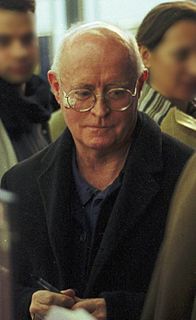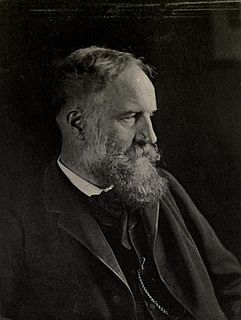A Quote by Edward Bond
Religion enabled society to organise itself to debate goodness, just as Greek drama had once done.
Related Quotes
The present Hindu society is organised only for spiritual men, and hopelessly crushes out everybody else. Why? Where shall they go who want to enjoy the world a little with its frivolities? Just as our religion takes in all, so should our society. This is to be worked out by first understanding the true principles of our religion and then applying them to society. This is the slow but sure work to be done.
Communication media enabled collective action on new scales, at new rates, among new groups of people, multiplied the power available to civilizations and enabled new forms of social interaction. The alphabet enabled empire and monotheism, the printing press enabled science and revolution, the telephone enabled bureaucracy and globalization, the internet enabled virtual communities and electronic markets, the mobile telephone enabled smart mobs and tribes of info-nomads.
I'd always liked the idea that drama acts at its best as a kind of arena for debate, not just about the thing itself, but also producing aesthetic, stylistic, political and moral discussions. The Jungian view would be that it affects all of our imaginations and somehow taps into our hidden, ancient, primordial memories.
I don't know what of our culture is going to survive, or if we survive. If you look at the Greek plays, they're really good. And there's just a handful of them. Well, how good would they be if there were 2,500 of them? But that's the future looking back at us. Anything you can think of, there's going to be millions of them. Just the sheer number of things will devalue them. I don't care whether it's art, literature, poetry or drama, whatever. The sheer volume of it will wash it out. I mean, if you had thousands of Greek plays to read, would they be that good? I don't think so.
What is especially important is addressing the question of how religion can be enforced through political means and what can be done to create a political environment that, on the one hand, acknowledges the role of religion in society, while on the other hand does not impose one religion on the populace at the expense of all others.





































